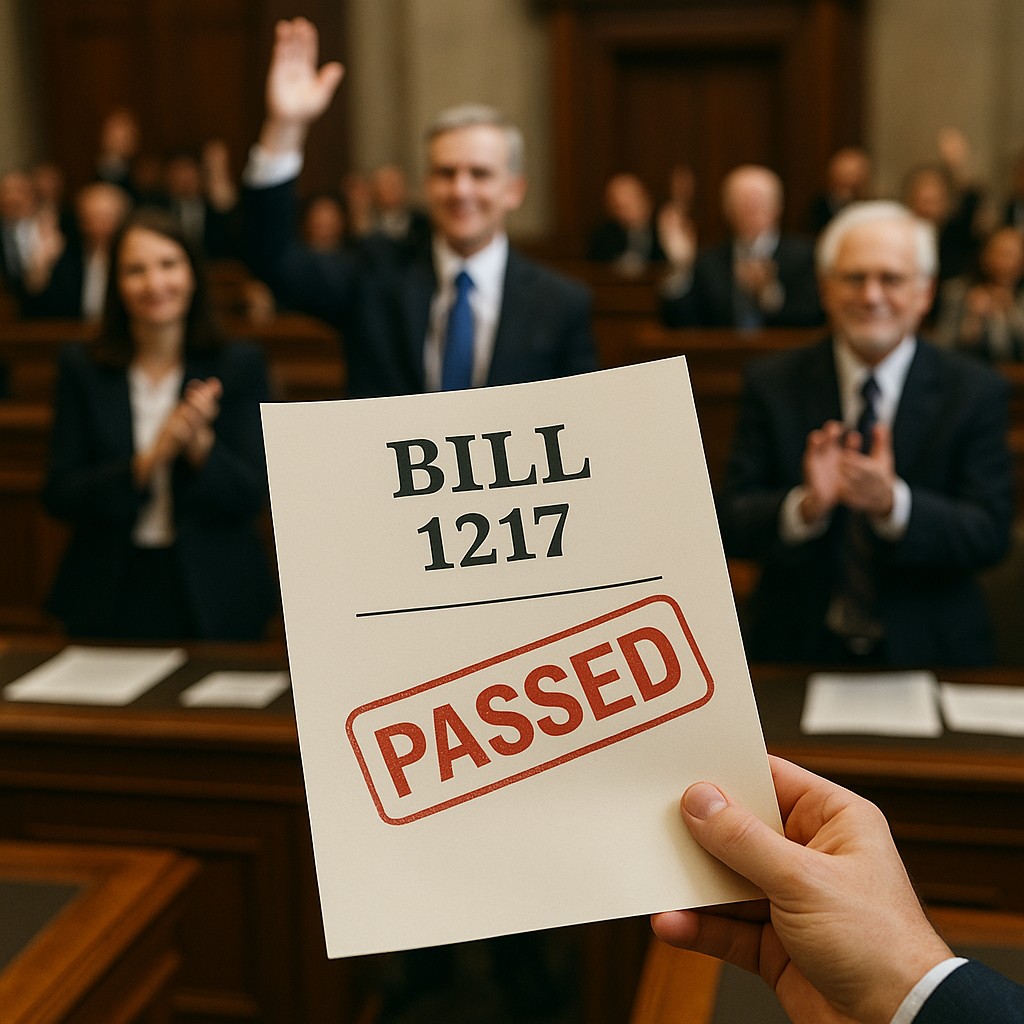Washington state is nearing the implementation of statewide rent control, with a newly passed bill that is only awaiting the governor’s signature. The legislation, House Bill 1217, seeks to regulate how much landlords can raise rent each year, aiming to provide renters with more stability amid rising housing costs.
Rent Increases Capped at Lower of 7% Plus Inflation or 10%
Under the proposal, annual rent increases for most residential units would be capped at either 7% plus inflation or 10%—whichever is less. However, landlords would retain the freedom to set initial rental rates for new tenants.

A stricter limit applies to manufactured home parks, where rent hikes would be held to 5% annually. Notably, this restriction on manufactured home rents would be permanent, while the broader rent cap for traditional housing is set to expire after 15 years.
The bill includes several exemptions: properties owned by nonprofit organizations or public housing agencies, as well as smaller multi-unit buildings where the owner lives on-site, would not be subject to the caps. Newly constructed housing would also be exempt for the first 12 years after completion.
Additionally, landlords would be prohibited from raising rent during the first year of a new tenancy. Tenants and the state attorney general would have the right to pursue legal action if the law is violated.
The path to passing the bill was lengthy and marked by negotiation. The initial version, passed by the House, capped rent increases at 7% without tying it to inflation. That version faced resistance in the Senate, leading to a compromise between the two chambers. The final measure reintroduced inflation as a factor and eliminated exemptions that advocates argued would weaken the law.
Despite these efforts, the bill faced opposition. Some moderate Democrats joined Republicans in voting against it, citing concerns that rent control could deter new housing development and strain landlords. Nonetheless, supporters argue that the legislation will offer tenants a measure of predictability in an increasingly expensive rental market.
The Senate passed the measure in a 27-20 vote, while the House approved it 54-44. A small number of Democrats in both chambers opposed the final version.
The Washington Low Income Housing Alliance alleges that even modest rent hikes can be destabilizing for low-income residents.
Governor Bob Ferguson has so far withheld direct comment on the bill’s merits. The bill was officially presented to him on April 27, 2025. From that date, he has 20 days (not including Sundays) to either sign or veto it. If signed, the new regulations would take effect immediately.

Risks
While 7% plus inflation doesn’t sound terribly limiting, rent control is a slippery slope. It is possible that the 7% will decrease over time, or that the definition of inflation will not be in tune with reality. The cap of 10% could be problematic as debt spending by the federal government grows. Unless the federal debt is addressed, it is just a matter of time before we reach hyperinflation and that 10% will not be enough to cover increased operating costs by the landlord. Washington State has been undoing private property rights over time. Landlords are advised to consider carefully whether they want to invest in a state that is increasingly hostile to private property rights.